Extraordinary parliamentary elections were held in Armenia after 2 years 6 months 9 days. According to the results, the Civil Contract Party, led by Nikol Pashinyan, won the elections. Four political parties and 21 political blocks took part in the elections. 1,281,174 (49.4%) out of 2,578,000 electors participated in the voting.
By the way, we would like to draw attention to the issue of the number of voters. According to the Armenian Statistics Committee, the 2011 census said the country's population was 3,018,900 people. However, at the beginning of 2021, 2,964,000 people lived in Armenia. The number of voters was announced as 2,581,093 people. It turns out that there is a difference of 116,000 people between the actual population and those who have the right to vote. In other words, 116,000 people in Armenia do not have the right to vote. They are also children, adolescents, and minors, whose right to vote is restricted. In our opinion, the opposition will pay attention to this issue in the future.
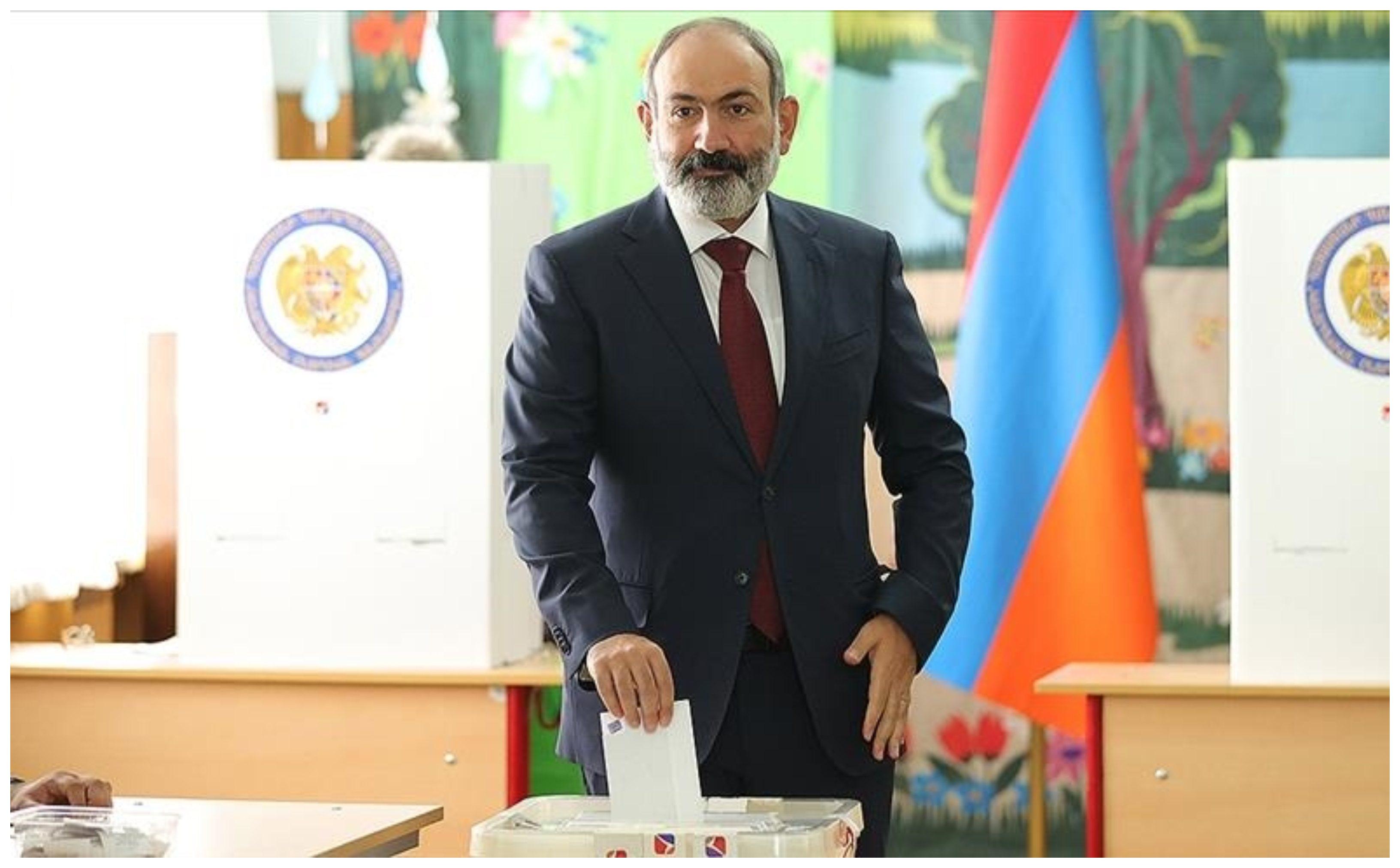
Nikol Pashinyan's Civil Contract Party gained 53.92% of the vote (605,741 votes), Robert Kocharyan's "Armenia Alliance" political bloc - 21.04% (268,165 votes), Serzh Sargsyan's "I have honor" political bloc - 5.23% (66,633 votes), millionaire Gagik Tsarukyan's Prosperous Armenia Party - 3.96% (50,416 votes), former Prime Minister Aram Sargsyan and former Yerevan Mayor Albert Bazeyan's Republican Party -3.06%, Edmon Marukyan's Bright Armenia Party - 1.22%, Levon Ter-Petrosyan's The Armenian National Congress Party 1.54%. According to the Armenian Constitution, a party or political bloc forms a government with 54% of the vote. If fewer votes are cast, a coalition government is formed. If it is impossible to form a government within six days, then the party or political bloc with the most votes goes to the second round.
In the current situation, Pashinyan's party received 53.92% of the vote. The country's constitution states that, in this case, the party is given a small number of mandates. In this regard, Nikol Pashinyan's party will have 72 seats in the new parliament and Kocharyan's bloc - 27. Thus, two opposition parties must be represented in parliament. However, other parties and blocs did not cross the election barrier. According to the constitution, the party or political bloc with the most votes is the third party in the parliament. In this case, Serzh Sargsyan's political bloc will have six seats in the parliament. Thus, the new parliament of Armenia will have 105 seats. For comparison, in the early parliamentary elections held on December 9, 2018, Pashinyan's party won 84 seats, the opposition Sarukyan's party - 24, and Edmon Marukyan's party - 17. The results show that the Dashnaktsutyun party failed to enter parliament this time as well. This means that the Armenian electorate has embedded this political organization in history, and its ideas are outdated for the country's public.

The failure of Edmon Marukyan's party to win the vote can also be considered a failure of the pro-Europeans. The failure of the Sarukyan bloc to enter parliament, which seeks to impede economic reform in Armenia, is a defeat for the 'businessmen' he represents. The representation of Kocharyan and Sargsyan's political blocs in parliament is realistic, as Kocharyan was more oppositional after his arrest. Even with his blessing, the "Homeland Salvation Movement" was formed under the leadership of Vazgen Manukyan, a former prime minister and one of the perpetrators of the Karabakh conflict.
Kocharyan used all his cards during the election campaign. He even included former PM Karen Karapetyan in his campaign. Until the 44-day war, Serzh Sargsyan hardly criticized Pashinyan. Her son-in-law, former ambassador to the Vatican Mikayel Minasyan, played this role. However, after the Second Karabakh War, he joined the political struggle by openly opposing Pashinyan. His man in the political process was Arthur Vanesyan. Therefore, the period of the political game by former presidents and the Karabakh mafia in parliament will begin. It also means that Russia will give a new function to former heads of state in Armenia.
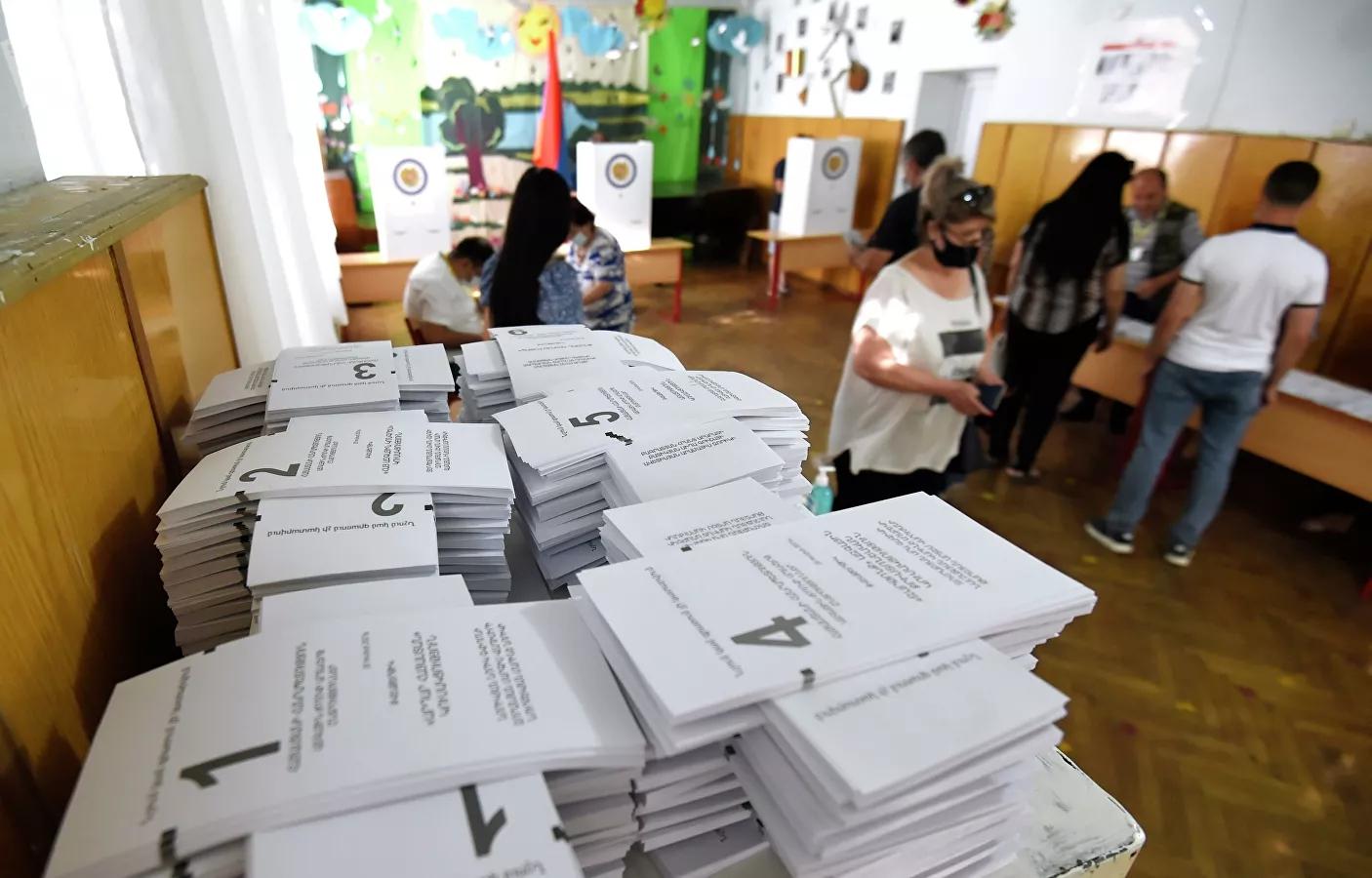
The results of the early parliamentary elections in Armenia should be assessed as a victory of the policy pursued by Azerbaijan, President Ilham Aliyev. Because thanks to his policy based on independent and national interests, Azerbaijan has become a strong state, the political, economic, and humanitarian center of the region, the financial opportunities, economic potential, and military power of our country have increased. Azerbaijan has become a country distinguished by its principled position in international relations and has a high reputation. As a result of Azerbaijan's isolationist policy, Armenia was left out of the political and economic life of the region, the country's economy collapsed, the social situation of the population worsened, and Armenia became dependent on foreign aid. Like Kocharyan and Sargsyan, Pashinyan also demonstrated Armenia's dependence on Russia. All the country's political forces prove that they cannot survive without the protection of foreign states. Ex-presidents of Armenia have previously tried to present themselves as independent politicians. Therefore, from now on, Kocharyan and Sargsyan will no longer be able to stand behind others and hide their political machinations.
The Patriotic War waged by Azerbaijan destroyed the Armenian army and revealed new conditions in the political life of this country. Former presidents will now be held accountable as representatives of the opposition in parliament for what they have done for many years. Undoubtedly, they will be asked about the situation of the Armenian army, which took part in April 2016, and the 44-day war in 2020. Such a commission was formed in the last parliament in connection with the April battles. Serzh Sargsyan was also interrogated in the same body. The decision of this commission is equivalent to a court decision. Therefore, Kocharyan and Sargsyan will also have to answer in parliament for the millions they have earned through corruption, bribery, and abuse of office. The criminal case against Robert Kocharyan over the March 2008 events has not been completed yet. The investigation of the criminal case on the armed attack on the Armenian parliament on October 27, 1999, can also be added to this case. From this point of view, the parliament may become a new courtroom for Kocharyan and Sargsyan.
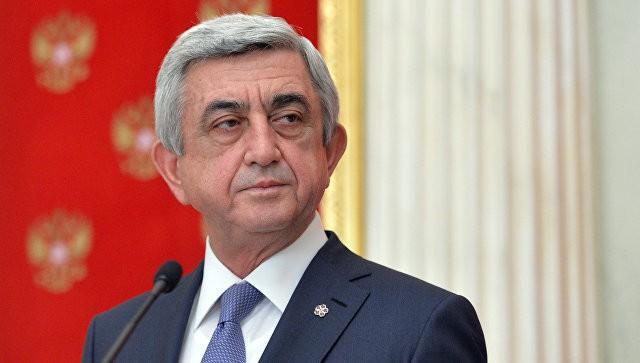
It may seem natural that the Armenian society regains the confidence of Nikol, who lost the war. This shows that Karabakh was really a burden to Armenia. On November 10, 2020, Pashinyan also signed the trilateral statement. This document includes the complete withdrawal of the Armenian army from Azerbaijan's territory and prefers regional cooperation. So, trusting Nikol again, the Armenian society showed that they are against the occupation and in favor of collaboration. Their choice is also a message to foreign forces that do not take the so-called Karabakh problem off the agenda.
Pashinyan is remembered for making more promises to the Armenian society over the past two years and six months. During his tenure as prime minister, he promised the country's public a paradise by 2050. However, the country's population has shrunk by 80,000 people in the last four months due to a lack of trust in this promise. The change of government in Armenia in April 2018 took place because of lawlessness in 2008 and before. Promises were not kept. Armenia and several international institutions believed that the elections on December 9, 2018, were free, fair, and transparent. It could also be understood as the long-term trust of the country's population in Nikol Pashinyan. However, the holding of early elections in 2.5 years and the loss of 12 seats in parliament compared to last year also means a decline in his authority. So, by not trusting the government to the narrow-minded, the occupiers, the murderers of their nation, the authors of the Khojaly genocide Kocharyan and Sargsyan, Armenian society has shown that it is tired of them. Nikol Pashinyan, who caused the massacre of Armenian youth in the occupying army, was given a second chance because he was the best of the two worst, the most suitable among the candidates.
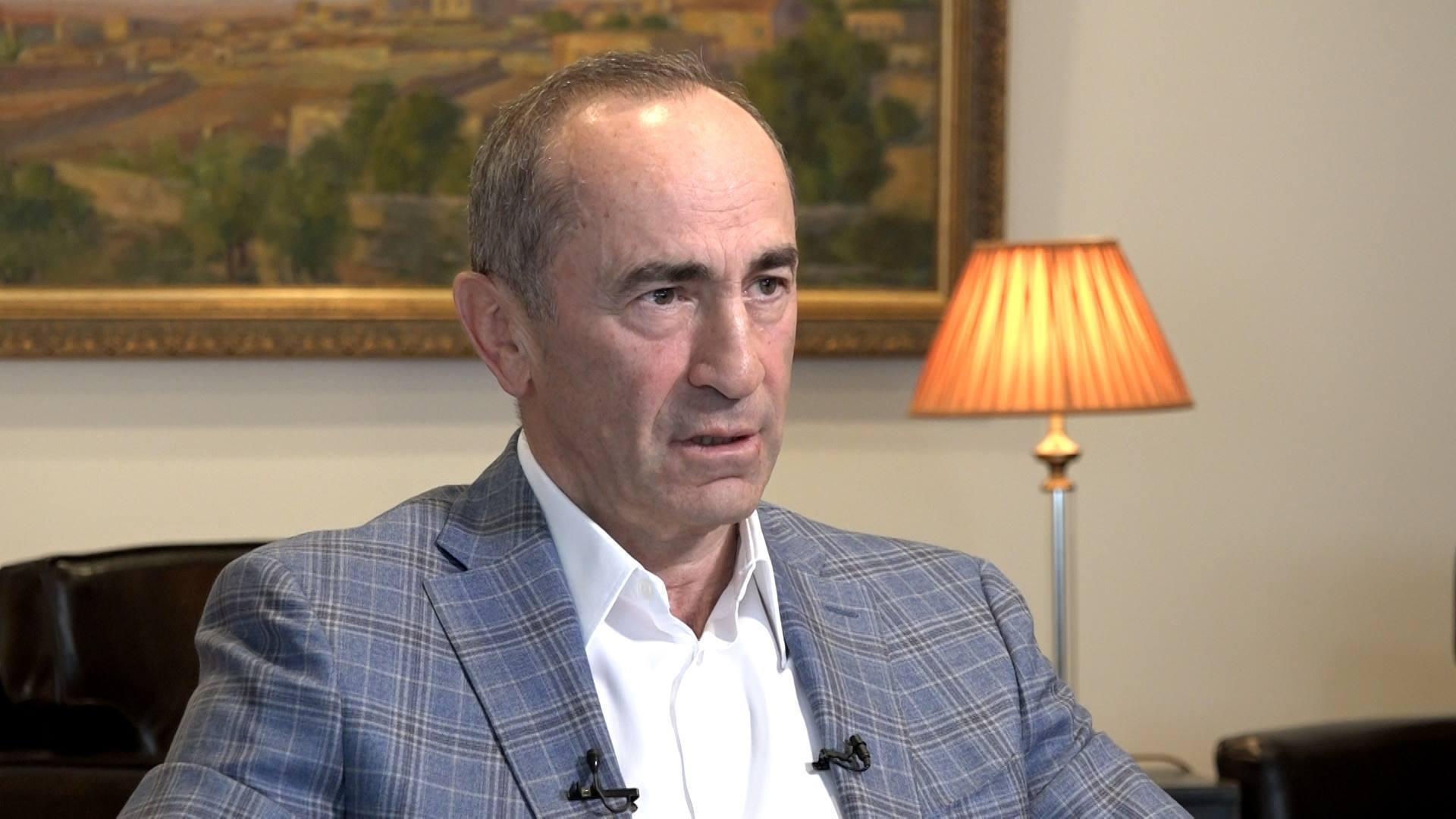
The elections are already over. Will there be calm? Or what are the necessary conditions for this? After the election, Kocharyan did not congratulate his opponent on his victory. On the contrary, he called the political campaign "contradictory" and "distrustful." He said they did not accept the results of the vote. It could lead to a confrontation in Armenia. For stability, first of all, the Armenian government must prioritize regional cooperation, renounce territorial claims to neighboring countries, and begin reforms in the country. Pashinyan must reorganize the army and part ways with President Armen Sargsyan. Nikol, who has promised to reform society, will not stay in power for long if he does not implement them in practice. This can be accompanied by the next confrontation and so on.
Thus, the elections in Armenia changed the opposition, not the government. It turns out that the early elections were held to change the opposition, to give a new role to Robert Kocharyan and Serzh Sargsyan.


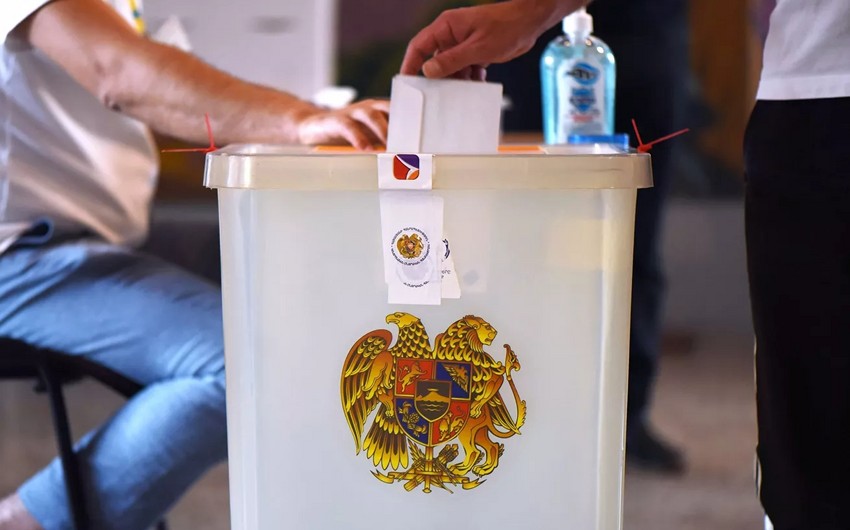 https://static.report.az/photo/1b401db2-f0cd-3e93-989e-43e9e09ff9a4.jpg
https://static.report.az/photo/1b401db2-f0cd-3e93-989e-43e9e09ff9a4.jpg

